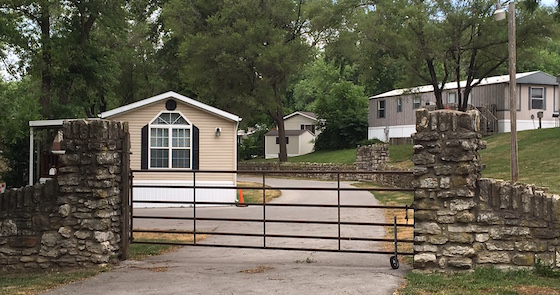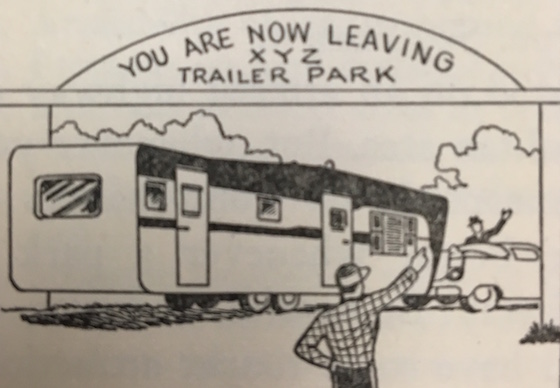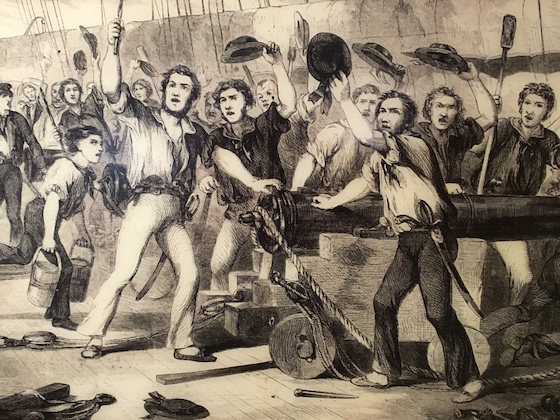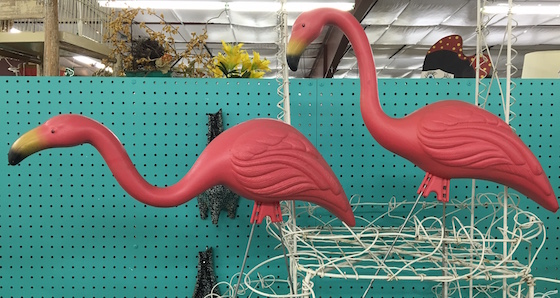Paul Revere’s contribution to the American Revolution was to give information to the colonists that “the British are coming”. This gave them the ability to act before the British arrived and gain a competitive advantage. There is no question that having timely information on your competition is extremely valuable for any business, and that includes mobile home parks. So what type of information should you gather and, just as important, how do you get it?
Rates
For most park owners, one of the most important pieces of information is what the competing lot rents are. In many cases, the park you purchase will have the lot rent massively below market, so it’s imperative that you know roughly how high you can raise it. To get this information, you will need to call all the other mobile home parks in your market, posing as a customer, and simply ask “do you have any mobile home lots available, and how much are they”? You will fail in this mission if they suspect that you are merely trying to comp them – they will deliberately tell you the wrong amount to screw you up.
What utilities are included
As important as the amount of monthly rent is, it’s equally important to know what that rent includes. The growing trend in parks is to make the tenant pay for their own sub-metered water & sewer, and often trash as well. It’s not apples to apples if you have a lot rent of $300 per month including water & sewer, and the other park is $300 per month not including utilities. If you find that most of the parks in your market include water & sewer, it may be that you should file suit to remain attractive.
Special Incentives
Do the other parks have move-in specials, such as free rent for 3 months or a lower rent for a year? Ask the managers of the other parks when you do the rent comps. This is important. If you are the only park out there that does not have such an incentive, then you are likely to get no new business. You will typically have to match market incentives, except in those cases where your park is far superior to the others and does not need a financial incentive to attract new customers.
Occupancy
Once you have the rent comp data you need, we often ask the other park “do you have many lots to choose from?” followed by “how many lots does the park have”? This gives you an immediate ballpark of their occupancy. Parks with few lots available are less likely to offer incentives, and a market with 100% occupancy means that you will be able to raise rents briskly in the near future. You can also get a rough idea of occupancy from Google Earth, but this is only indicative of the month and year the aerial photo was taken.
RV rents, amenities and occupancy
For RV occupancy, you typically have to drive your competition and see what the actual, current results are. Some parks have RV sections, and the owner is thrust into that business model, although in a smaller scale. You need to comp the overnight, weekly, and monthly rents in all of the RV parks by phone, as well as list out their amenities. The RV business is highly competitive, and you should probably comp these prices at a minimum of once per month.
Lonnie dealers
Lonnie dealers can be a very valuable source of filling your vacant lots. But how do you find them? Typically it involves some phone work. You will need to call all of the mobile home movers and repairmen to see if they know of the local Lonnie dealers. When you consider that one single occupied lot these days can be worth $30,000+ more than a vacant lot, this information gathering is well worth the effort.
Market conditions
This intelligence can be gathered from a number of sources, most notably www.Bestplaces.net and the local Chamber of Commerce. The key is to watch for troubling trends in such metrics as housing vacancy, unemployment and population. You should learn the top ten employers, and learn about their businesses and, if they are publicly held, follow their stock for signs of problems. Advance knowledge of a declining market is extremely important data – imagine if you had sold out of your park in Detroit in the 1980s vs. holding it through today.
Conclusion
Paul Revere only had a horse, a lantern, and his eyesight. You’ve got a telephone, internet and a car. There’s no excuse not to have great competitive information on your park in the modern world.







